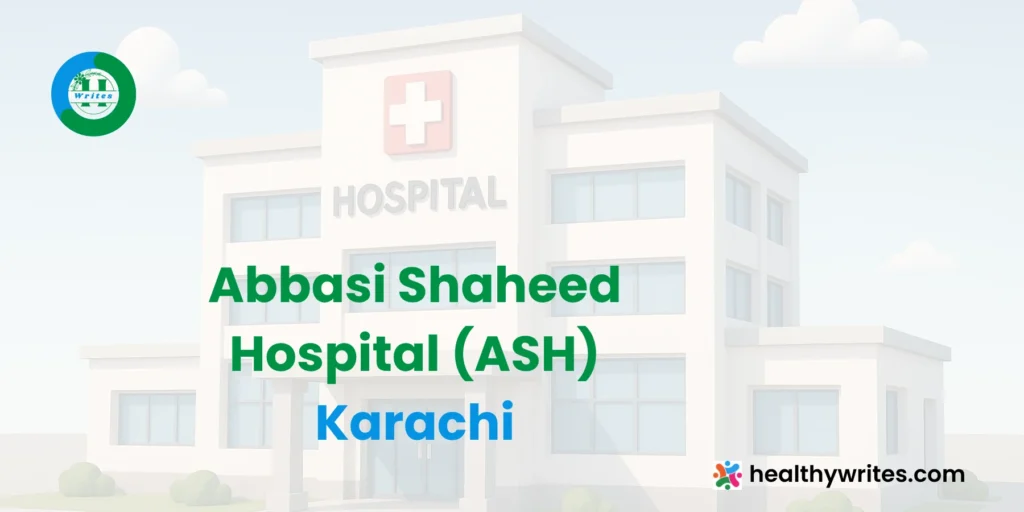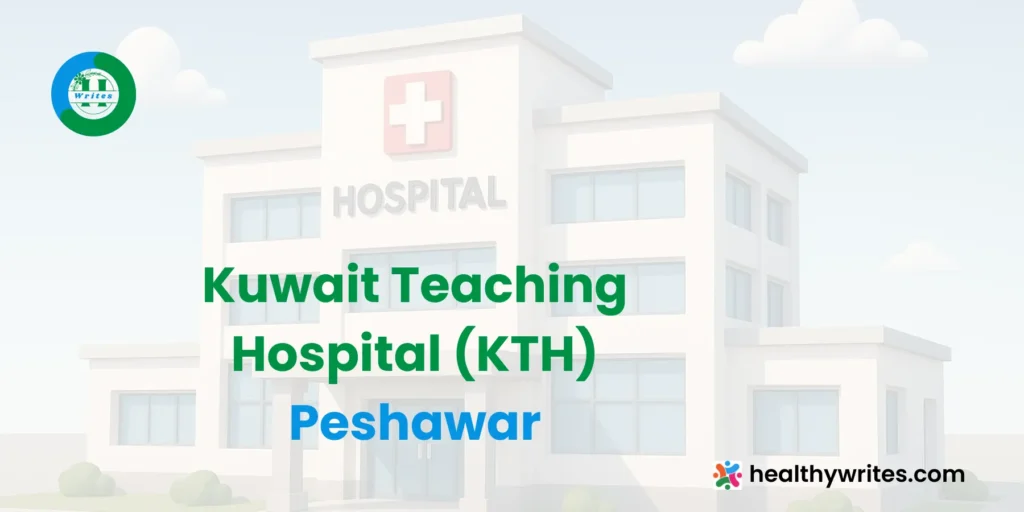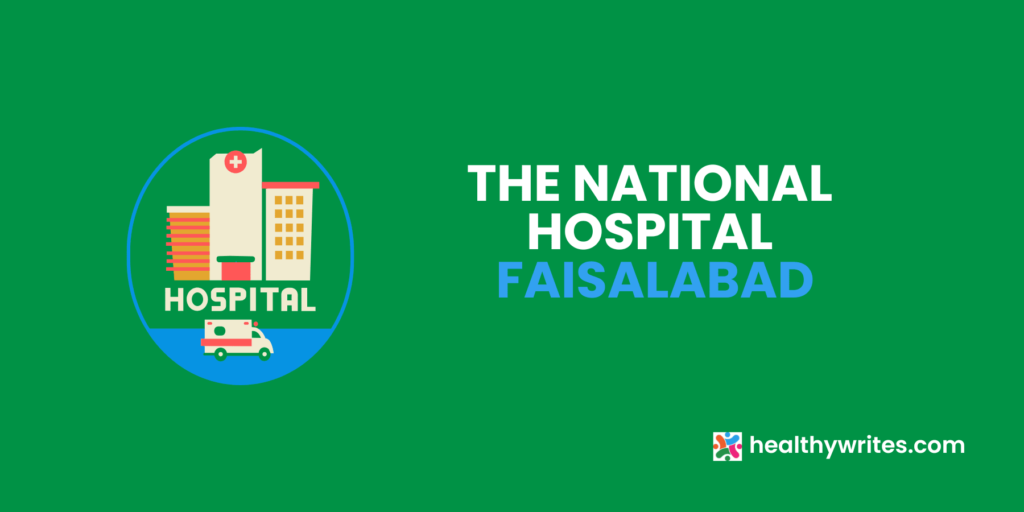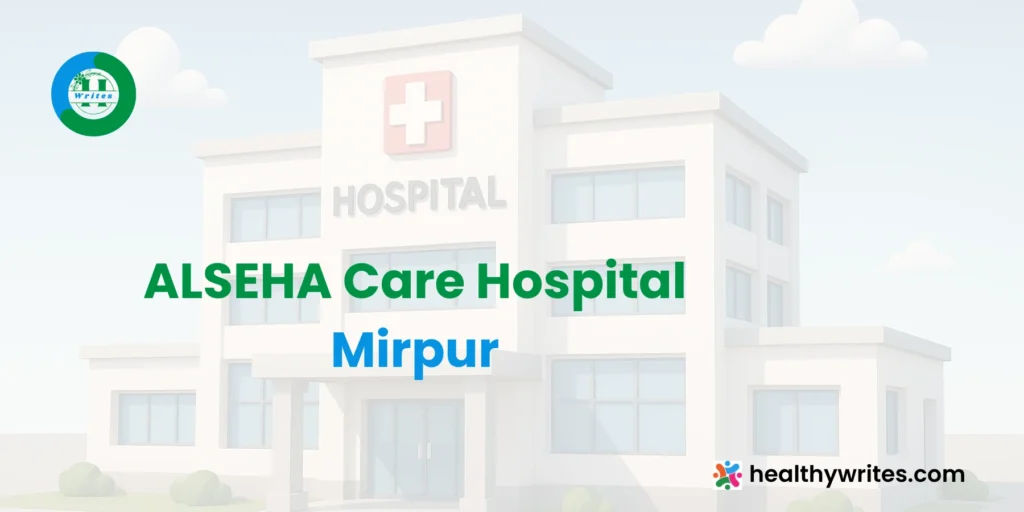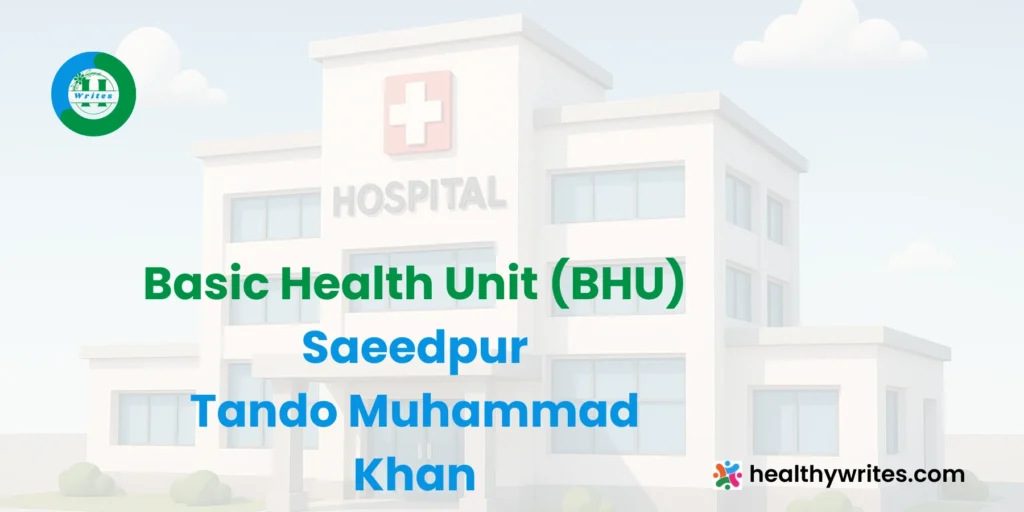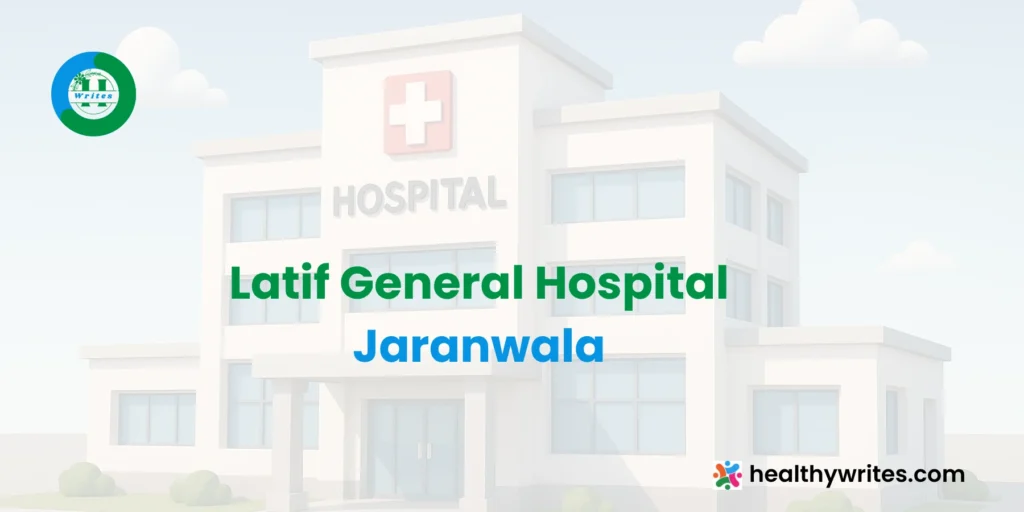Abbasi Shaheed Hospital is a major public-sector teaching hospital located in the Paposh Nagar/Nazimabad area of North Karachi. Established in 1974 and affiliated with Karachi Medical & Dental College, ASH serves as the third-largest government hospital in Karachi with approximately 850 beds and 18 operating theatres
📍 Location & Accessibility
Situated in Paposh Nagar (also known as Abbasi Shaheed neighborhood), the hospital is accessible via buses, rickshaws, police/ambulance transport, and private vehicles. It includes on‑site parking, marked drop-off zones, and wheelchair-accessible entrances
🏥 Core Departments & Services
- Emergency & Trauma: Offers 24/7 casualty and medico-legal services, with a dedicated trauma centre and child emergency unit funded by ChildLife Foundation to serve tens of thousands of children annually
- Inpatient & ICU Care: Approximately 850 beds including medical, surgical, maternity, paediatric, ICU/HDU, and burn units
- Operating Theatres: Eighteen OTs covering general surgery, orthopaedics, obstetrics, eye, trauma, neurosurgery, and more
- Diagnostics & Imaging: On-site lab, X-ray (partial functionality recently), CT scan (downtime reported), MRI, and angiography services
- Specialist Care: Includes departments in cardiology, neurosurgery, urology, nephrology, ophthalmology, ENT, dermatology, and more
- Dialysis Centre: Provides both haemodialysis and peritoneal dialysis for renal patients
- Education & Training: Functions as a teaching hospital affiliated with KMDC, supporting MCPS/FCPS credentials and hosting CME programs
✅ Strengths & Highlights
- Extensive Capacity: 850 beds and 18 operation rooms enable high patient throughput
- Academic Integration: Close collaboration with KMDC for clinical training and research activities
- Community Services: Includes child-focused emergency facility via ChildLife, dialysis program, and free or subsidized care
- 24/7 Emergency Access: Uninterrupted casualty services with medico-legal and stabilisation facilities
⚠️ Challenges & Areas for Improvement
- Resource Constraints: Persistent shortages of medicines and staff; 50% posts for RMOs and nurses remain vacant
- Diagnostic Equipment Downtime: CT and X-ray machines have faced significant operational outages
- Security & Hygiene Issues: Incidents of harassment have prompted demands for enhanced CCTV and security measures; hygiene complaints are also frequent
- Overcrowding: High daily OPD numbers (~1,100) lead to congestion in waiting areas and wards
📈 Recent Developments & Community Impact
- Introduction of a 55‑bed dedicated ChildLife Emergency Room in 2018 for paediatric emergencies
- Investment of over Rs 600 million in 2009 to launch a 14‑ventilator ICU and expand lab and imaging facilities
- Continuous hosting of CME events and workshops to support staff and trainee development
❓ FAQs – Abbasi Shaheed Hospital
Is it open 24/7?
Yes — casualty, medico‑legal, ICU/HDU, and emergency labs function 24/7; OPD clinics operate during daytime hours.
Who can receive care?
Open to all, with free/subsidized services provided to low-income patients through KMC’s public healthcare mandate.
How are diagnostic tests handled?
Basic lab, imaging, CT/MRI, and specialty diagnostics are available; however, equipment downtime may affect access.
How do I seek trained doctors?
Specialist clinics operate daily; consult the hospital’s OPD schedule or call for appointment tokens.
Can students train here?
Yes — it’s a recognised teaching hospital for KMDC with structured internships, residency programs, and CME accreditation.
🔍 Conclusion
Abbasi Shaheed Hospital plays a critical role in Karachi’s public health system — offering high-capacity, teaching-integrated services and emergency support for a diverse population. Strengthening staff and medicine supply, modernizing diagnostics, improving security, and addressing overcrowding will significantly enhance its service delivery and care quality.
